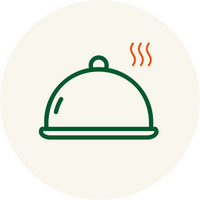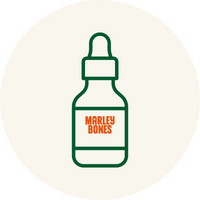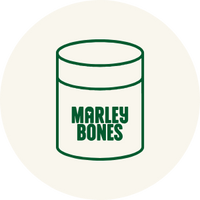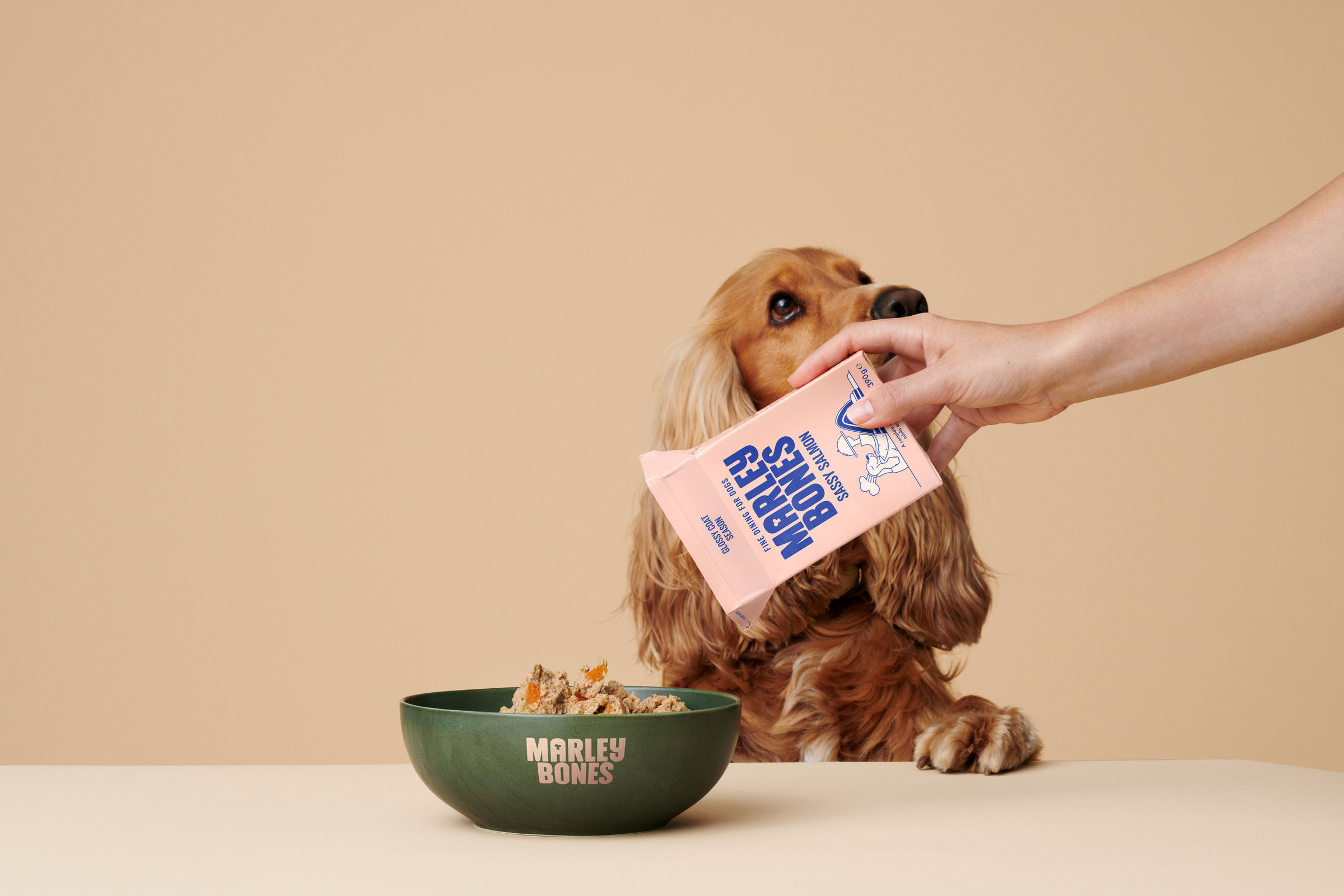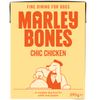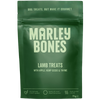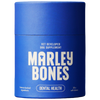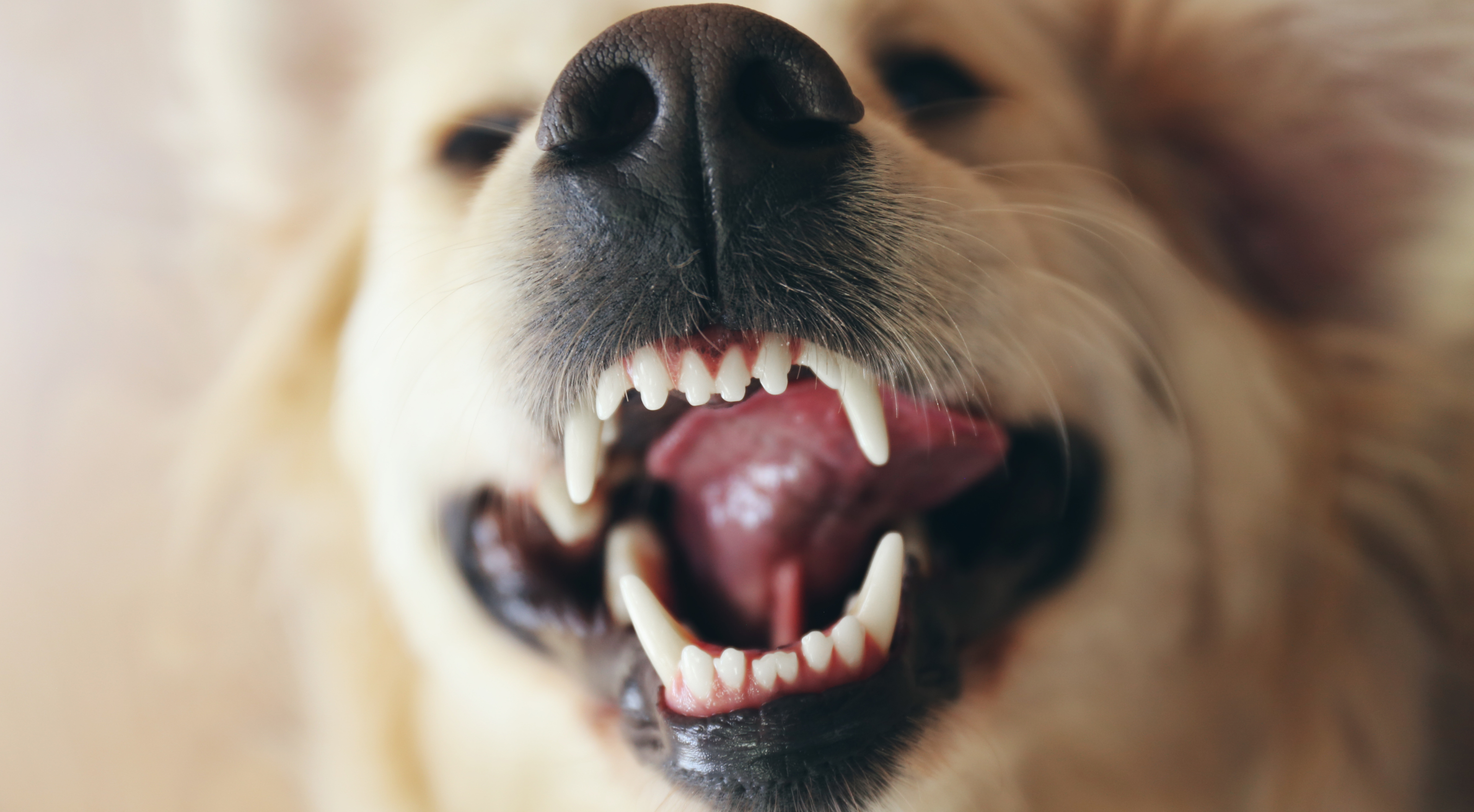Why Do Dogs Foam At The Mouth: Understanding Canine Oral Health
Seeing your dog foam at the mouth can be unsettling. For many, it immediately brings to mind frightening conditions like rabies. However, while this symptom can indicate something serious, it is often caused by far more benign factors. Dogs can produce frothy saliva after vigorous play, when they’re anxious, or as a result of tasting something unpleasant. The key lies in recognising when foaming is harmless and when it might require veterinary attention.
Foaming at the mouth can occur for a variety of reasons. Sometimes it’s as simple as a dog exercising in hot weather, which leads to heavy panting and saliva build-up. In other cases, it may be linked to stress or a reaction to certain foods or medications. More serious causes include dental disease, toxic ingestion, seizures, or infectious conditions such as canine distemper or, though rare, rabies. Paying attention to your dog’s behaviour and the circumstances surrounding the foaming can help identify the underlying cause.
It's not unusual for a dog to foam at the mouth if it has something stuck in its teeth, is feeling nauseous, or has ingested a bitter-tasting substance. However, if this symptom appears alongside vomiting, twitching, or lethargy, it may point to poisoning or a neurological problem. In such cases, time is of the essence and a vet should be consulted without delay.
Protecting Your Dog's Health: What Can You Do
Prevention is always better than cure. Keeping your dog healthy starts with routine veterinary check-ups. These help catch dental or neurological problems early, and ensure your pet remains protected through regular vaccinations. Diseases like rabies, though uncommon, are entirely preventable with proper care.
Oral hygiene is another essential part of your dog’s wellbeing. Just like humans, dogs benefit from clean teeth and healthy gums. Brushing your dog’s teeth regularly and providing dental chews can help prevent build-up and reduce the risk of infections that may cause discomfort or excessive drooling.
Maintaining a safe environment is equally important. Dogs are naturally curious, and this can sometimes lead to trouble. Whether it’s a toxic plant in the garden or a chemical product under the sink, limiting access to harmful substances is a simple yet effective step. Keeping your dog well-hydrated, especially in warm weather, also supports both oral health and overall wellbeing.
An often overlooked factor is emotional health. Anxiety or excitement can sometimes trigger behaviours that lead to foaming. Creating a calm, consistent home environment and providing adequate mental stimulation can help prevent stress-related reactions.

When Should You Worry?
If your dog is foaming at the mouth but is otherwise playful and alert, the cause is probably harmless. However, if foaming is accompanied by signs of illness such as vomiting, collapsing, confusion, or behavioural changes, professional advice is essential. Trust your instincts - if something feels off, it’s always better to get a professional opinion.
In most cases, the key to managing this symptom is awareness. By understanding the common causes and maintaining a preventative approach to care, you can keep your dog healthy and avoid unnecessary worry.

The Final Woof
While seeing your dog foam at the mouth can be distressing, it’s important to remember that not all causes are serious. From mild stress to overexertion, many cases resolve quickly and without lasting effects. That said, recognising the difference between a minor issue and a sign of illness is key to being a responsible pet owner.
Keeping up with regular health checks, maintaining good dental hygiene, and creating a safe, calm environment all play a part in reducing the likelihood of this symptom appearing. By staying observant and informed, you’ll be better equipped to act promptly when needed - giving your dog the best chance at a long, healthy, and happy life.
If you're ever in doubt, don’t hesitate to contact your vet. It's always better to ask than to risk missing something important.

